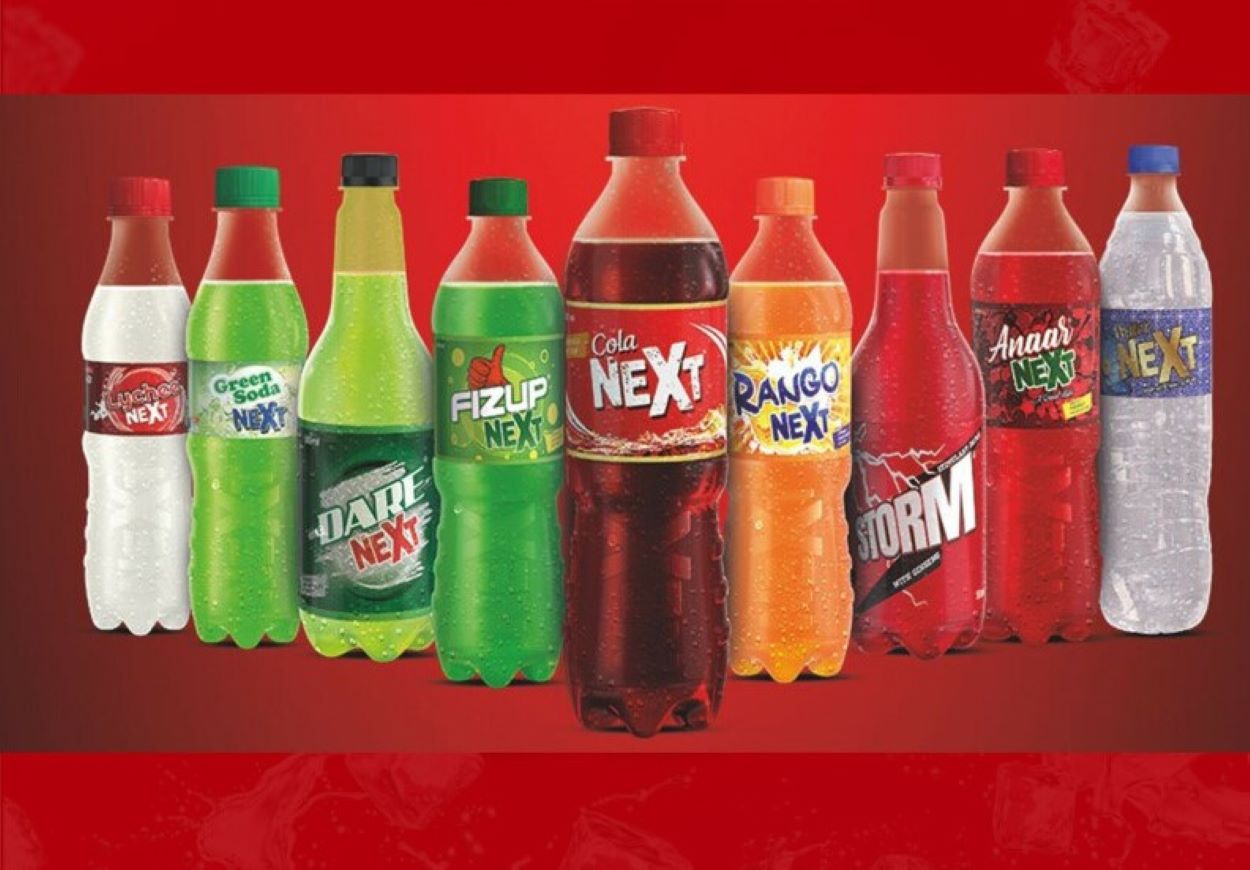Coca-Cola and PepsiCo have invested significantly over decades in Muslim-majority countries, from Egypt to Pakistan, promoting their soft drinks.
However, they now face challenges from local sodas amid consumer boycotts targeting these global brands as American symbols, particularly during the Gaza conflict.
In Egypt, for example, Coke’s sales have plummeted, while local brand V7 has tripled its regional exports. In Bangladesh, Coca-Cola withdrew an advertisement following a backlash against it.
In Pakistan, Sunbal Hassan excluded Coke and Pepsi from her wedding menu, opting instead for the local Cola Next to avoid financially supporting the U.S. and Israel.
Market analysts find it difficult to quantify the exact financial impact of these boycotts on Western brands. However, NielsenIQ reports a 7% sales decline for these companies across the Middle East in the first half of the year.
In Pakistan, the delivery app Krave Mart has noted a significant increase in the popularity of local sodas like Cola Next and Pakola. Consumer boycotts have a long history, dating back to the 18th century, and have been used to address various political and social issues.
Despite the challenges, Coca-Cola and PepsiCo continue to see potential in these markets. Coca-Cola recently invested an additional $22 million in Pakistan, and PepsiCo reintroduced the Teem soda brand there, emphasizing its local production.
These developments underscore the complex dynamics of global brands operating in politically sensitive regions and the lasting impact of consumer activism on their market positions.






